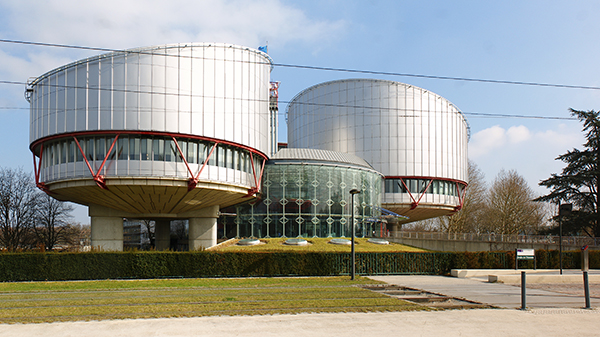Institute responds to European court rulings on climate inaction

Joana Setzer, Associate Professor at the Grantham Research Institute on Climate Change and the Environment, said:
“The significance of the victory in the Klimaseniorinnen case is monumental. The landmark ruling by the European Court of Human Rights not only sets a precedent in environmental and climate law but also signals a momentous shift in the global legal landscape concerning climate change.
“This decision underscores the profound importance of protecting individuals’ rights against the severe impacts of climate change, emphasizing the responsibility of states under Article 8 of the European Convention on Human Rights to safeguard private and family life against environmental harm.
“While the judgment directly influences European States bound by the Convention, its ramifications extend globally. It serves as a crucial reference point for courts worldwide in interpreting the human rights obligations of states regarding climate action.
“This ruling arrives at a critical juncture, poised to inform the advisory opinions of three international courts on the legal obligations of states in the context of climate change. This decision reaffirms the judiciary’s vital role in climate governance.”
Catherine Higham, Policy Fellow at the Grantham Research Institute on Climate Change and the Environment, said:
“The victory in the Klimaseniorinnen case represents a milestone in climate litigation. Had the Court not recognized the Convention’s mandate for states to actively protect citizens from the repercussions of climate change, it could have posed a substantial barrier to future litigation, representing a backwards step in terms of the evolution of climate law.
“Instead, we now have a clear affirmation that states bear a positive obligation to shield their citizens from climate change and to safeguard their welfare, including through establishing a binding regulatory framework at the national level. This ruling is pivotal for our comprehension of the effectiveness and execution of close to 30 climate change framework laws throughout Europe.
“In the UK, attempts to ground human rights cases in the Convention have, until now, not succeeded. Yet, in last year’s landmark net zero case, the High Court suggested that UK courts would “keep pace with Strasbourg jurisprudence” as it continues to evolve. This judgment is expected to influence climate litigation in the UK significantly, especially in cases concerning adherence to the obligations under the Climate Change Act.”

